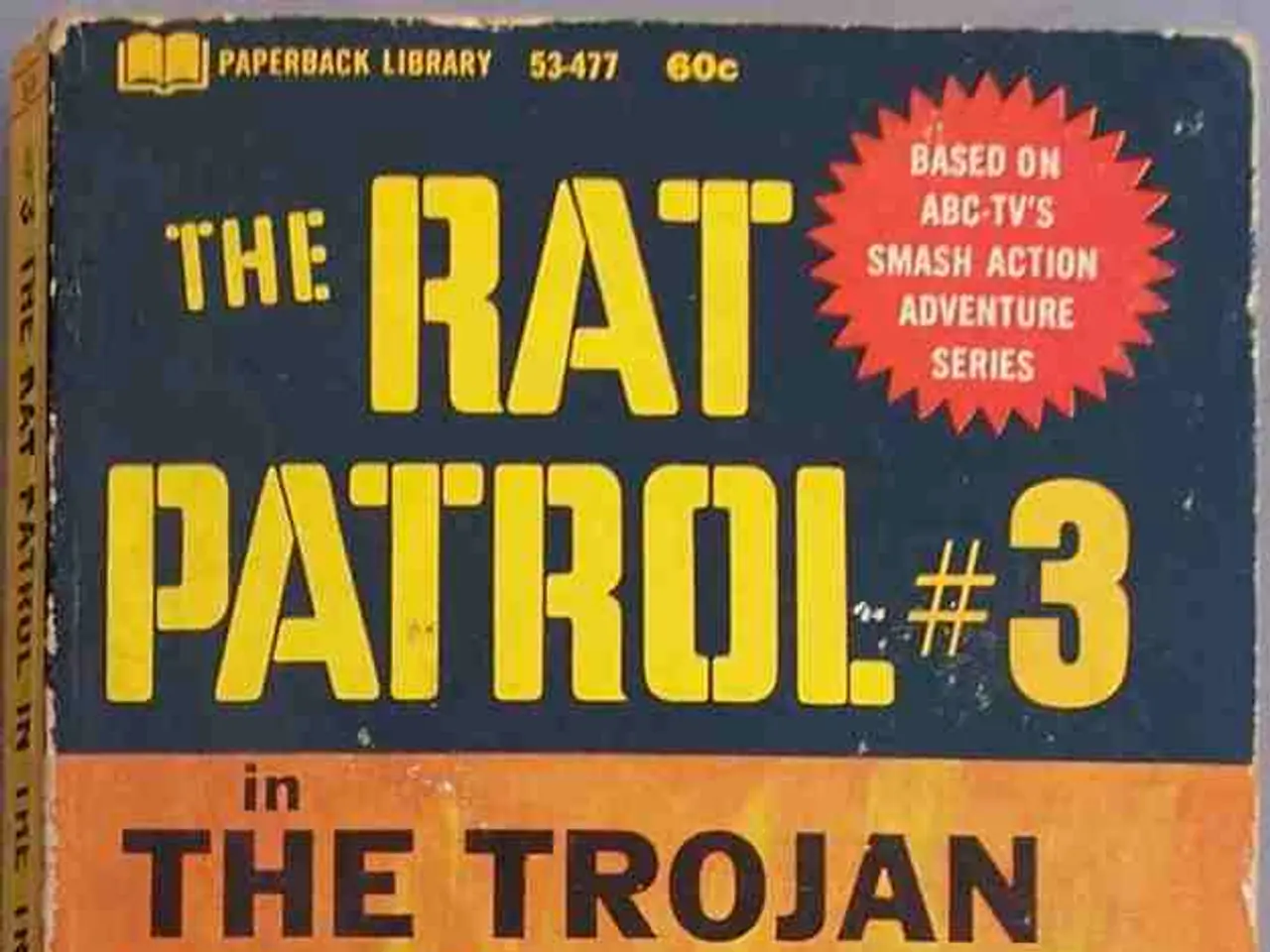Trump's affirmation toward a potential European peacekeeping force for Ukraine significantly boosts its likelihood of achievement
The United States has signaled conditional support for the Multinational Force Ukraine (MNFU), a European-led security force intended to police any future peace agreement in Ukraine. While President Donald Trump has ruled out deploying U.S. ground troops, he has endorsed a European-led "coalition of the willing," with around 30 countries potentially involved. The U.S.'s role is expected to be mainly through airpower or military equipment, rather than direct ground deployment.
The MNFU is still in the process of formation, with details on troop contributions, intelligence sharing, and operational roles yet to be finalized. Ukrainian President Volodymyr Zelenskyy has noted that the infrastructure and framework for the force are under negotiation, and it remains too early to specify which countries or how many troops would participate.
The potential impact of U.S. participation, even if limited to air support and equipment, is widely regarded as crucial for the effectiveness of the MNFU. European leaders consider U.S. involvement vital due to the capabilities the U.S. can provide, which European armed forces lack or have only in limited quantities. The presence of European troops, backed by U.S. logistical and airpower support, could enhance the Ukrainian defense structure, improve overall defense culture, and help enforce a durable ceasefire or peace agreement.
However, the peace process remains fragile, with Russian leadership rejecting peace talks and maintaining aggressive military operations and hybrid warfare tactics. This complicates the realization and success of any security guarantees or multinational policing force on the ground. Russia's refusal to engage in peace negotiations and continued hostilities pose significant challenges that any peacekeeping force will have to manage.
The MNFU could represent a milestone in European security cooperation, but it depends heavily on U.S. backing and a workable peace agreement reached despite ongoing Russian obstruction. The force is intended to act more like a peacekeeping or peace enforcement coalition, not a NATO Article 5 collective defense mechanism.
The MNFU headquarters will initially be in Paris, moving to London next year. European leaders' efforts to set up the force are seen as a test of the continent's willingness to defend itself and its interests. While Italy's Prime Minister Giorgia Meloni has stated that Rome won't contribute troops, she has emphasized the importance of working with the U.S. on ending the conflict.
British personnel have led reconnaissance work inside Ukraine for the MNFU, while Greece has publicly rejected providing troops. The exact size of the MNFU has not been made public, but it is expected to number between 10,000 and 30,000 troops. The Black Sea Task Force will be bolstered with additional specialist teams. The mission of the MNFU is to strengthen Ukraine's defenses on land, at sea, and in the air.
Details of what the U.S. might contribute to the MNFU were unknown, but President Trump has given the greenlight for U.S. backup for the European-led force. U.S. forces provide a deterrent that the Europeans cannot muster. European leaders have regularly emphasized the importance of U.S. participation in the MNFU. U.S. Vice President JD Vance attended the coalition meeting for the first time, indicating a potential role for the U.S. in the future.
As the MNFU takes shape, it is clear that its success will depend on the cooperation of various nations, particularly the United States, and the ability to navigate the complex and fragile peace process in Ukraine. The MNFU could signal a new era of European security cooperation, but it faces significant challenges ahead.
Emma Burrows from the Associated Press contributed to this report.
Read also:
- Weekly happenings in the German Federal Parliament (Bundestag)
- Southwest region's most popular posts, accompanied by an inquiry:
- Discussion between Putin and Trump in Alaska could potentially overshadow Ukraine's concerns
- Massive 8.8 earthquake hits off the coast of Russia's Kamchatka Peninsula, prompting Japan to issue a tsunami alert.








